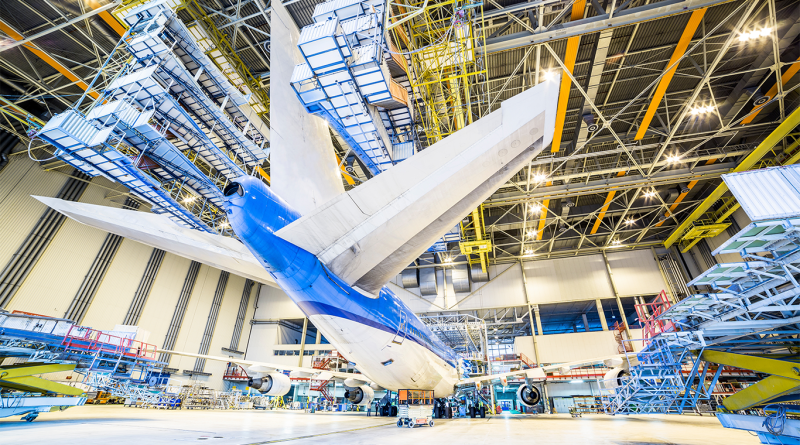Airbus Slashes Targets Amid Persistent Supply Chain Disruptions
Airbus, a global leader in aircraft manufacturing, recently announced a reduction in its production targets for 2024. This decision, driven by persistent supply chain disruptions, reflects the ongoing challenges in securing essential components and materials. Despite a robust recovery in air travel demand post-COVID-19, Airbus faces significant hurdles due to economic uncertainties, logistical bottlenecks, and geopolitical tensions.
The Impact of Supply Chain Disruptions on Airbus
The aerospace industry’s complexity and global reach make it particularly vulnerable to supply chain issues. Airbus relies on a vast network of suppliers across multiple countries, which has been disrupted by various factors. The company is experiencing shortages in critical materials like semiconductors and titanium, essential for aircraft manufacturing. Additionally, labor shortages and transportation delays are exacerbating the situation.
Airbus has reported difficulties in obtaining critical items such as aircraft structural components and interior cabin equipment. These supply chain issues are not just a consequence of the COVID-19 pandemic but are also influenced by ongoing geopolitical tensions and economic uncertainties. The shortages in materials have a cascading effect, impacting the entire production line and leading to significant delays.
Due to these supply chain constraints, Airbus has revised its production targets for several key aircraft models. The A320 family, one of Airbus’s best-selling models, will see reduced production rates, as will the A350 and A220 models. Originally, Airbus aimed to produce and deliver 800 aircraft in 2024, but this target has now been adjusted to around 770 units.
These adjustments are anticipated to impact delivery schedules for airlines globally, many of which are eagerly awaiting new aircraft to meet the rising demand for air travel. The delays in production are forcing some airlines to continue using older aircraft longer than planned, as they wait for new deliveries. Despite these challenges, Airbus is making concerted efforts to minimize disruptions and maintain strong communication with its customers to manage expectations and schedules.
Market Reactions and Financial Implications
The announcement of reduced production targets has significantly impacted Airbus’s stock price, with shares dropping over 10% following the news. Investors are concerned about the financial implications of ongoing supply chain issues and production delays. This reaction underscores the market’s sensitivity to disruptions in the aerospace sector, which relies heavily on precise and timely manufacturing processes.
Financial analysts have mixed views on Airbus’s long-term prospects. While the short-term challenges are daunting, the demand for new, fuel-efficient aircraft remains strong, providing a solid foundation for future growth. Airbus has revised its financial forecasts for 2024, with adjusted earnings before interest and tax (EBIT) now expected to be around €5.5 billion, down from previous estimates of up to €7 billion. The company’s free cash flow before customer financing has also been adjusted to approximately €3.5 billion.
Strategies for Future Resilience
To address these supply chain challenges, Airbus is implementing several strategic measures. The company is diversifying its supplier base and increasing inventory levels to buffer against future disruptions. Investments in digital technologies aim to improve supply chain visibility and efficiency. These technologies include advanced analytics and automation, which help in predicting and mitigating potential supply chain risks.
Moreover, Airbus is collaborating with industry partners and governments to develop broader solutions for the aerospace sector. This collaboration is crucial in addressing systemic issues that affect not only Airbus but the entire industry. By working together, stakeholders can create more resilient and responsive supply chains capable of withstanding future disruptions.
Despite the current setbacks, Airbus remains committed to its long-term goals and continues to innovate in sustainable aviation technologies. The company is investing in projects aimed at reducing carbon emissions and enhancing the efficiency of its aircraft. These innovations are part of Airbus’s broader strategy to lead the industry towards a more sustainable future, ensuring resilience and growth despite ongoing challenges.
Sources:
